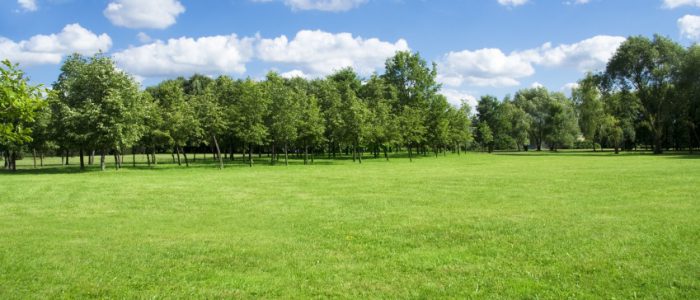The Status of Olive Trees in the Mediterranean Region
Olive trees are very famous for being the primary source of olive oil that everyone mixes with their healthy nutrition. It is highly advised to use olive oil for people who would like to lose weight systematically, under doctor’s control. The mix of olive oil and vegetables for lunch or dinner is the perfect combination for vegetarians. With the latest developments in technology and software improvements in smartphones, it is even easier for people to order organic olive oil from the Mediterranean region via smartphone apps or the websites of the local olive oil companies. Most of the customers who have purchased their smartphones from online stores, prefer making their order from their smartphones through the web apps which is also possible. This saves a lot of time and effort while presenting transparent and trustworthy channels of tracking your international order from any country in the Mediterranean region. Although the global olive oil production increases in terms of tonnes, the biological status of olive trees warns us about the future in regards to the sustainability of olive oil production in the long run.
The Future of Olive Trees; Is It Bright?
With the adverse impacts of climate change, the Mediterranean region is becoming warmer and warmer. The olive trees in the Mediterranean region need to receive rain especially in autumn and the first months of winter to stay healthy. However, with the increasing trend in temperatures, the olive trees in the Mediterranean region do not receive enough water and this causes them not to have olive drupes on the niches. The regions where olive groves foster along the Mediterranean region attracts ecotourism facilities which makes it necessary sometimes to build hotels and hostels around. The hotels which are actively serving for their visitors in European Union countries such as the hotel engelberg facility respect the olive growing land and contribute to the conservation strategies. However, some other sector representatives actively working in the ecotourism industry, fail to take similar precautions or support the local efforts for sustainable olive oil production.
The status of olive trees in Spain, Italy, Croatia, Malta, and Portugal is relatively better in comparison with the countries which are located just opposite of the mainland, namely Tunisia, Morocco, Algeria, Egypt, and Israel. However, the situation of olive trees in Greece, Cyprus, Turkey, and Bulgaria is not that positive at all. Due to energy policies in these countries, supporting the installation of Hydro-electrical Power Plants which are built on the rivers, the amount of water available for olive trees in these regions is significantly reduced. The rivers are stopped by the dams and leased to an energy company for at least 49 years. This situation deprives the olive trees of water while changing the micro-climatic factors in the specific region.
The olive trees are not listed as endangered by IUCN yet, however, this status might change in the long run if the olive trees are not given enough water and forced to stay alive under higher temperatures.








